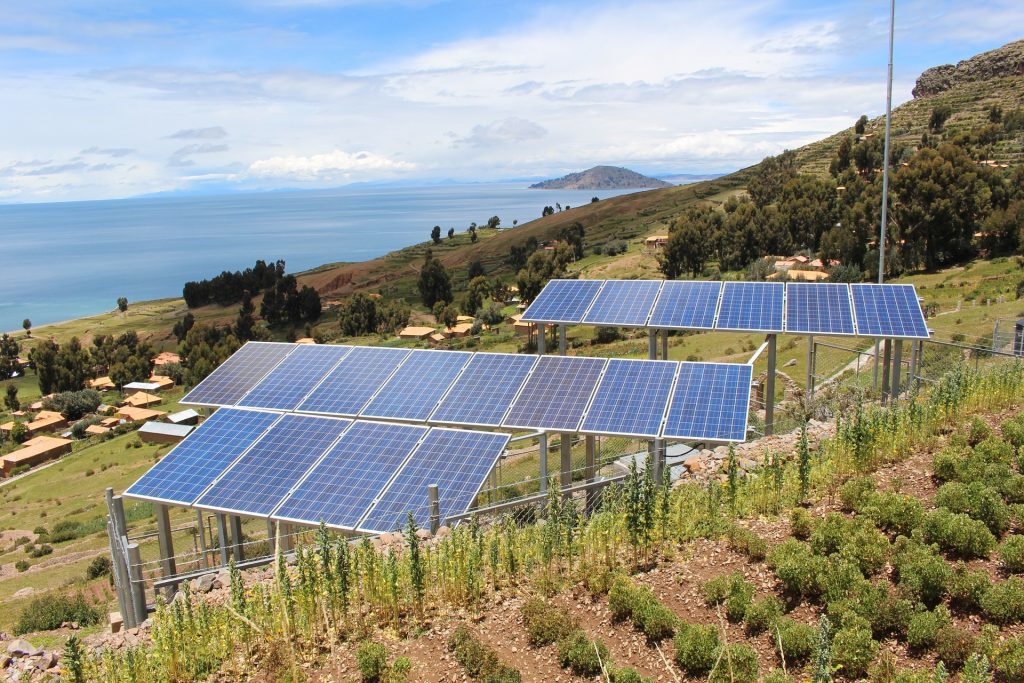
MAR# 3: Smart stand‐alone systems
Integrating renewable energies into the global energy mix through versatile, stand-alone systems can help to address the energy needs of off‐grid areas in Africa. Over 45% of the African population live in isolated rural communities, which could benefit from the introduction of RE technologies fitting their unique environment and availability of RE sources. In addition, in the vast landscape of the Sahel, steppes and open areas, nomads1, tuaregs and shepherds rarely have access to electricity. Severe climate disasters and conflicts have resulted in increased migration and ‘climate refugees’ in many African regions. RE and technology can provide a unique opportunity to equip communities with new facilities without interfering with their way of life and preventing their being left behind. The utilization of renewable energies can also be a good opportunity to fight climate changes, such as desertification and dryness in the Sahel, and keep communities alive by encouraging young people to stay on their traditional lands.
Access to energy, especially electricity, is thus a fundamental component to address rural or isolated communities and support economic and social development. Specific needs include cooking, clothes washing, studying, walking safely (by night), connecting fridges and fans, phones charging, refrigeration (store food and medication), lighting, communications, and water pumping. RE stand‐alone systems (RE‐SAS) are mandatory to ease access to energy in all its forms (electricity for lighting, domestic appliances and pumping, heat for cooking, potable water, etc.) from local renewable sources and for local use of population and economy.
Capacity Building Focus
Across all these areas to be further researched technical and managerial competences and capacities need to be developed.
At individual level:
- Researchers shall be involved in improving the technology of stand-alone components and usability of the whole systems.
- The knowledge transfer should be ensured regarding the final purpose of different devices and established standards for increasing the compatibility of systems and components. Capacity building activities shall also aim at training of local electrical technicians regarding the research outputs in order to link the new technologies and uses provided by research to the needs of the local communities promoting the behavioural changes aimed to have a more reliable, efficient and safety energy access.
At institutional level:
- Concerning infrastructures, activities and programmes shall be organised to establish and provide accreditation for laboratories to test stand-alone systems and provide programs to address the policy makers about the potential of the RE-SAS systems in specific social and geographic contexts.
Output
• To provide avenues for the development of RE‐SAS demonstrator(s), considering the diversity of potential local RE sources and the local effective environment;
• To develop tools for RE‐SAS design.
Outcome
• The development of reliable stand‐alone system architecture that can be easily and widely deployed in off‐grid African rural and remote areas;
• Sharing acquired knowledge to develop a sustainable RE‐SAS systems deployment.
• Stakeholders and business model are identified
• To increase the share of renewables and reliability;
• To promote environmental sustainability of renewable energy systems;
Impact
• The creation of jobs in RE production and uses through RE‐SAS systems installation, management and maintenance
• To give access to affordable energies to the largest number of beneficiaries and to maximise the socio‐economic impact.
• To promote income generating activities
